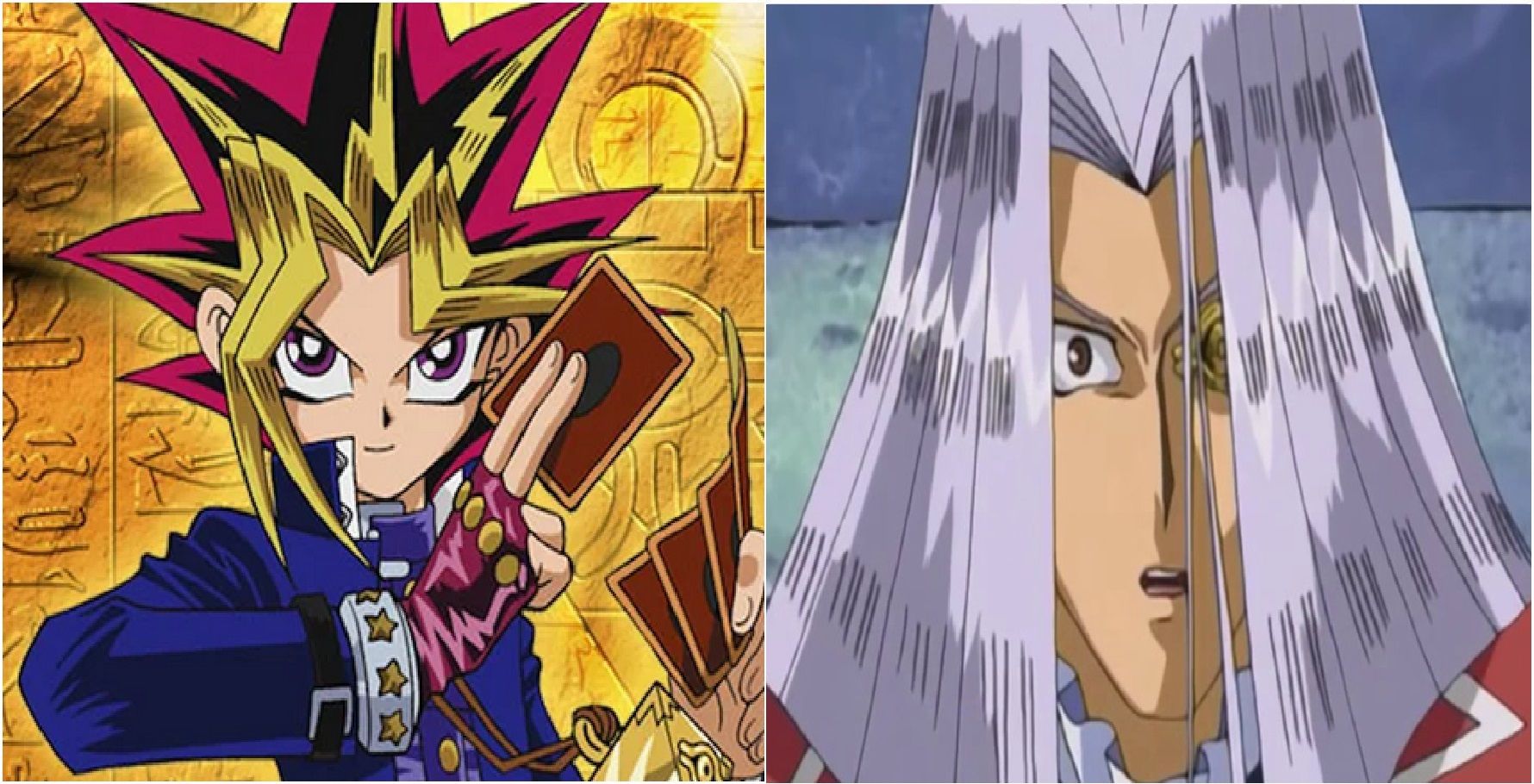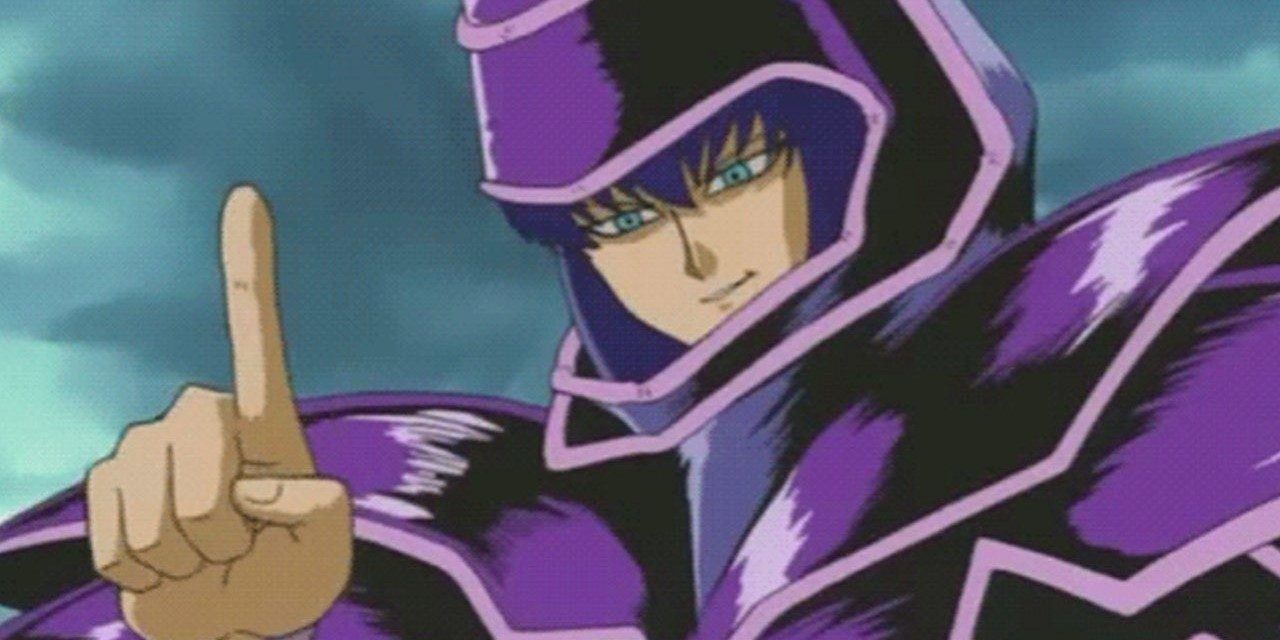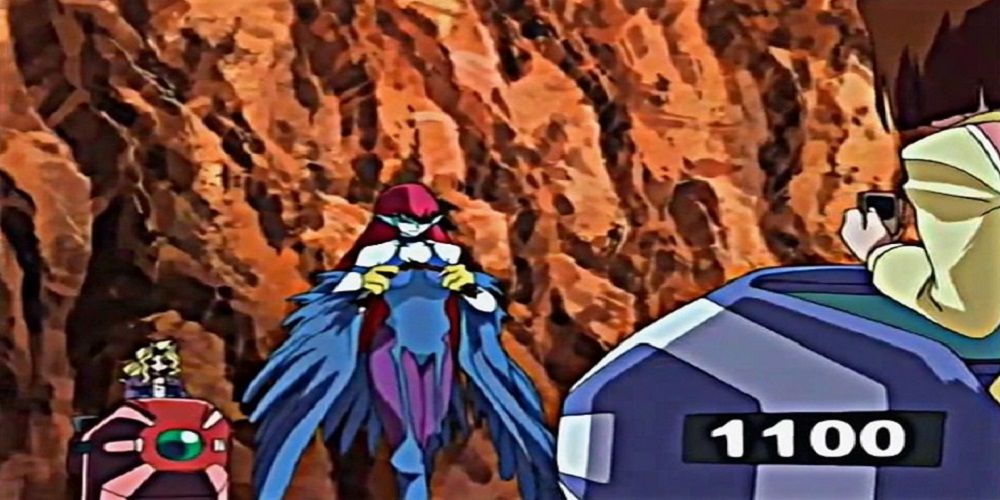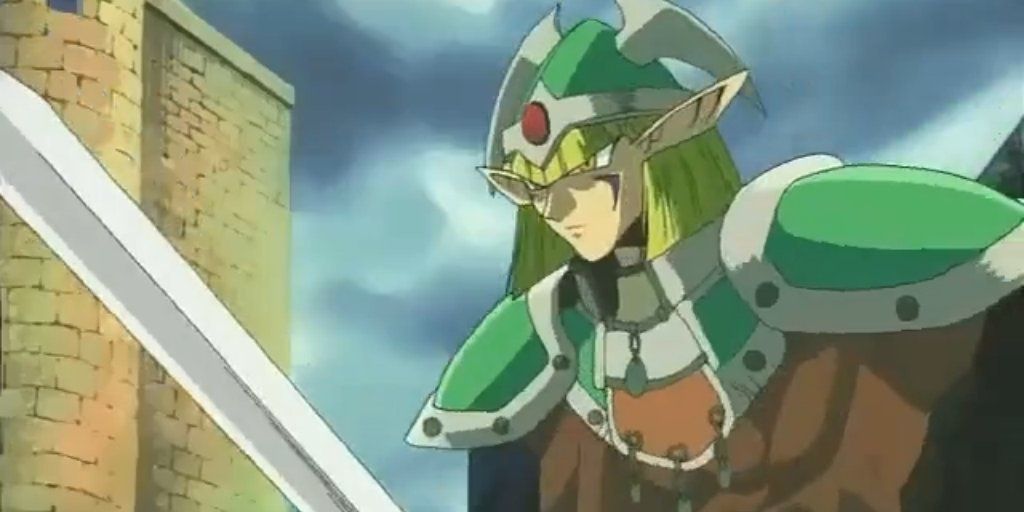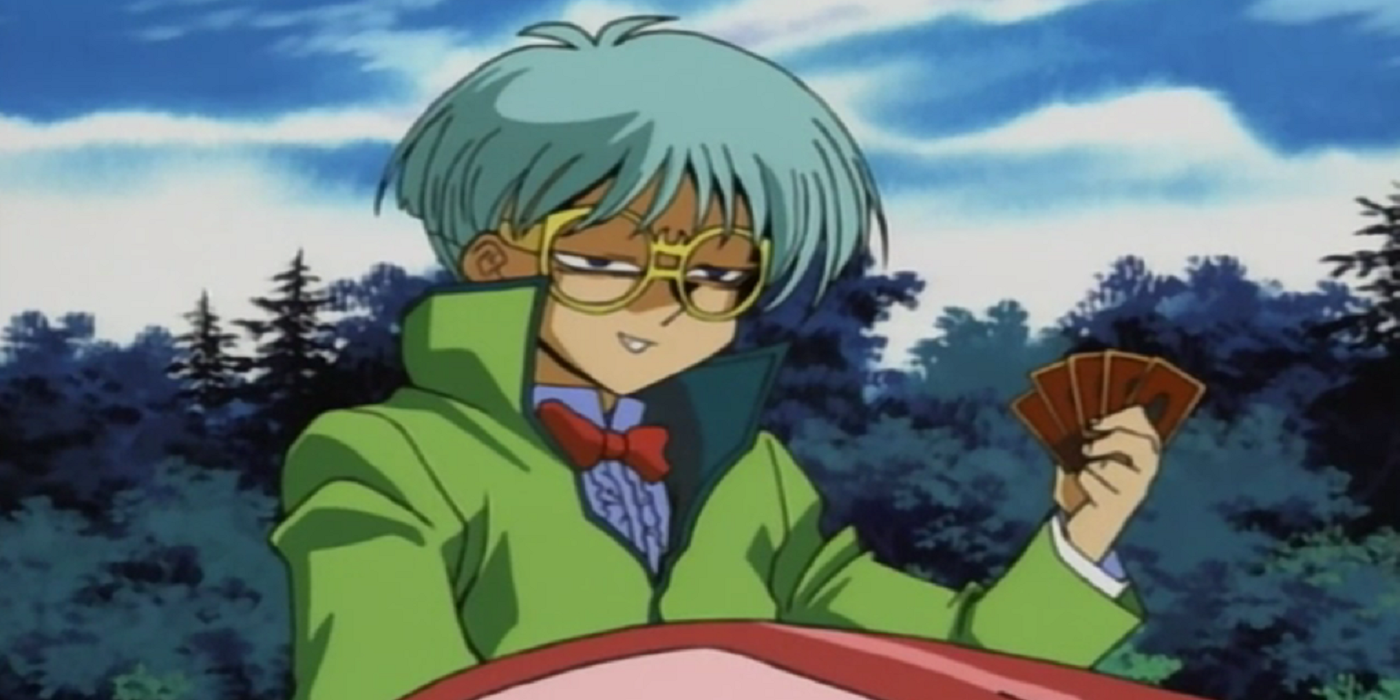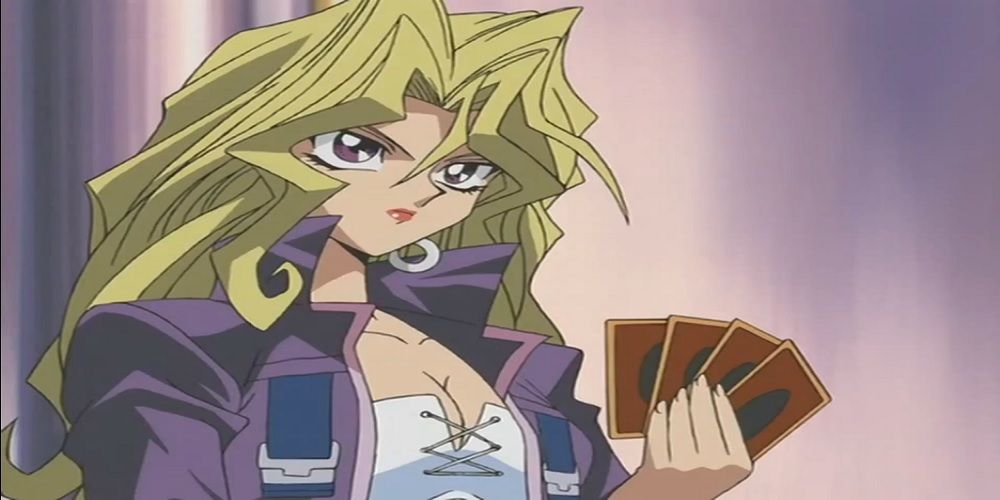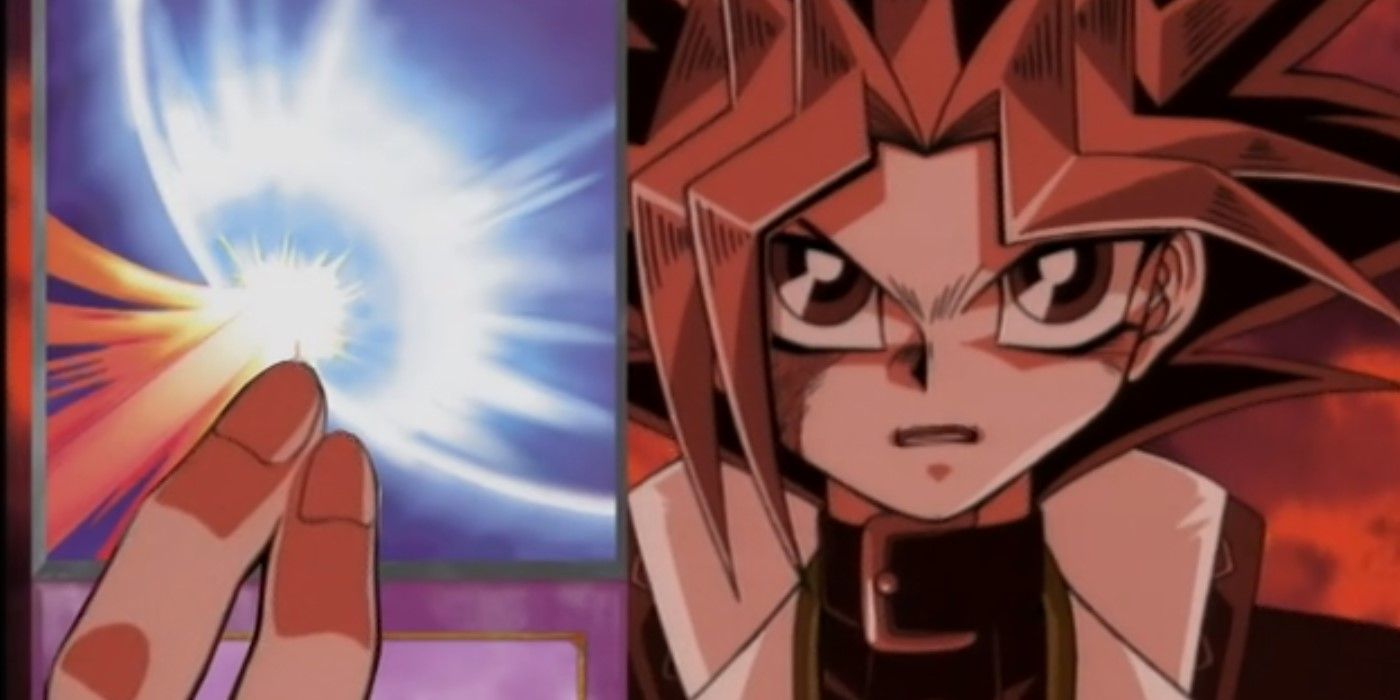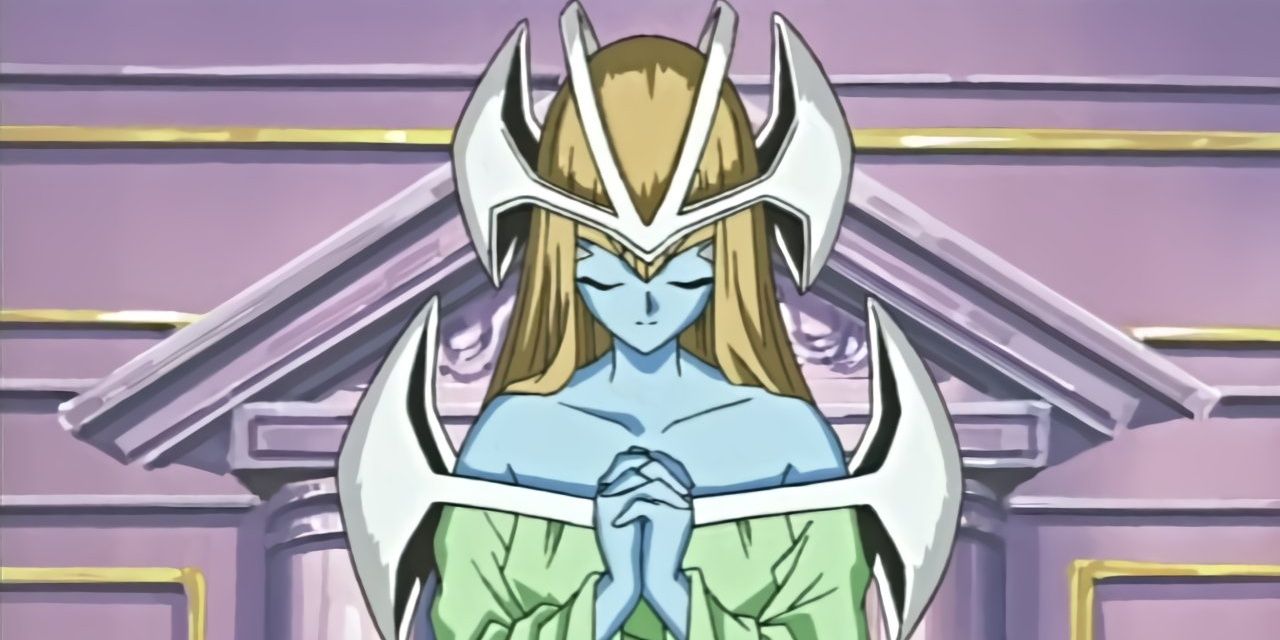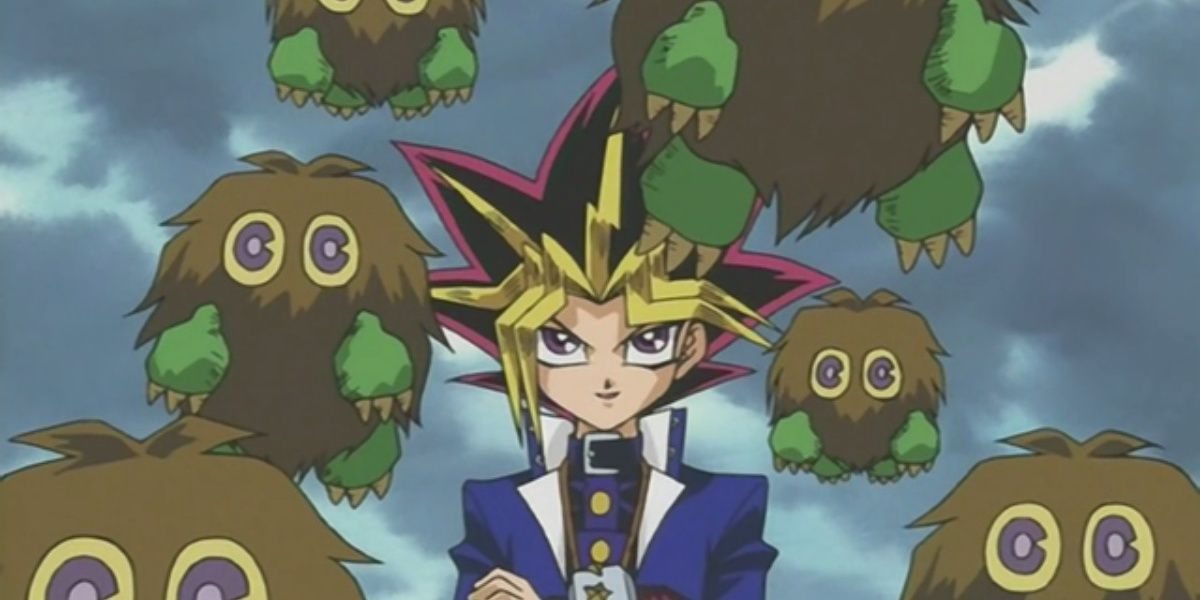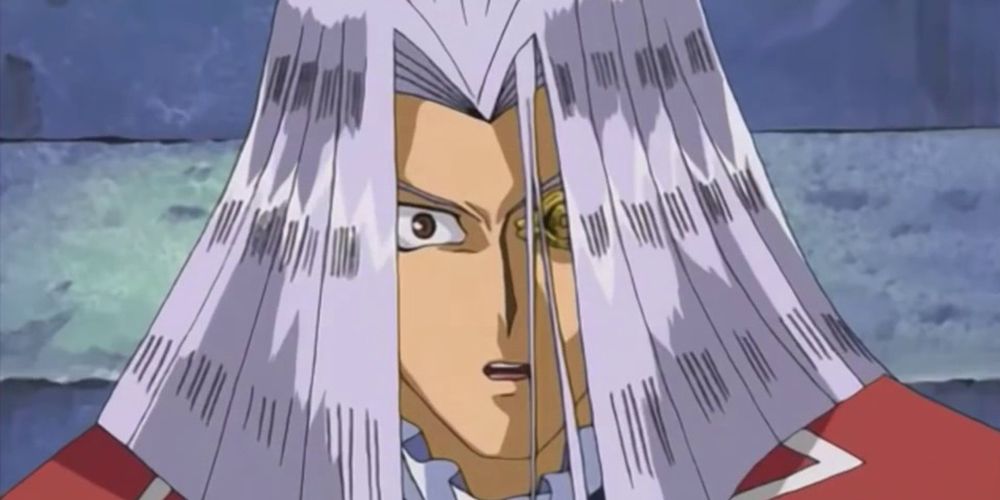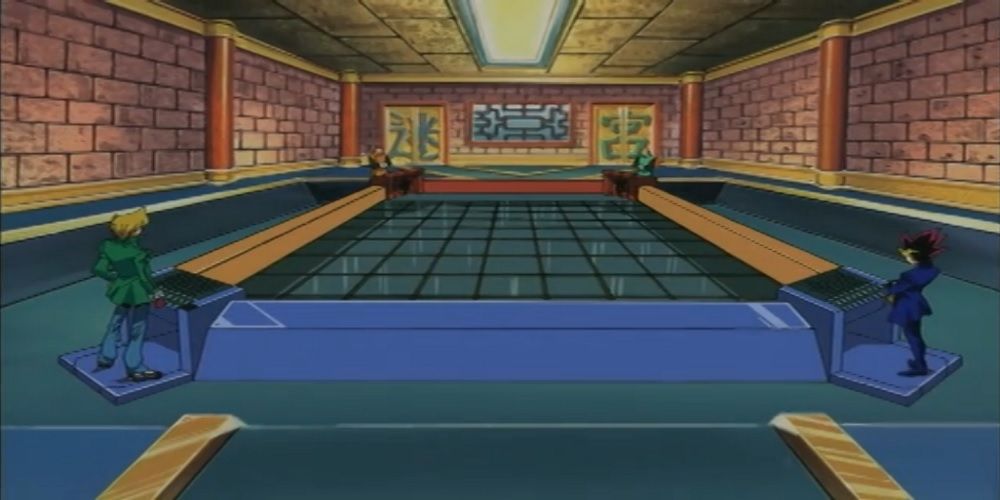When the Yu-Gi-Oh! second series anime first began, things weren't as clear cut as they are nowadays. The game itself sure did have rules, and thus, it only made sense to throw all of those out the window for the anime. While the Yu-Gi-Oh! anime never really stuck too close to the actual TCG rules, the Duelist Kingdom arc wasn't anywhere close to even having an established set of rules in the first place.
Well, not the rules of the game as we know them today, that's for sure. Today we'll be going over all of the wacky rules that the game actually did implement at this time (in the show). Let's jump into it.
10 No Tributes
Why exactly was Beaver Warrior a staple of Yugi's deck when Tribute Summoning wasn't a thing in Season One? Everyone's deck was filled to the brim with weak monsters, which is odd, as you never had to Tribute a monster in order to Summon a powerful one in Duelist Kingdom.
This was just kind of strange, as it meant there was no cost/risk when Summoning powerful monsters to the field. Still, yes, please keep using Baby Dragon, Joey. You're doing great.
9 2000 LP
Duelist Kingdom Duels were likely meant to move pretty quickly (in order to keep things exciting), and thus, players started with only 2000 LP. Considering that Duels could sometimes last up to six episodes with 4000 LP, this did make sense. Besides, many Duels in Season One were filled with nonsense such as Yugi trying to figure out if and why there's a second person living inside of him (reasonable questions), and Ghost Kaiba, so we had to make sure that we had time for those little moments.
Ghost Kaiba was essential to the plot, obviously. Remember that one time Yugi and Kaiba just kind of cheated to beat him? Good times.
8 No Direct Attacks
Nope, forget all of that. Duels will not be moving fast at all, because you can't directly attack your opponent at all in Duelist Kingdom. This is tied into another rule that we'll get to later, but this was just a very strange element of the show.
This meant that players were never in much danger, as the monsters that would be able to wipe out the 2000 life points in a single hit couldn't attack anyway.
7 Field Bonuses
Field Bonuses were an element of Duels outside of the castle that just kind of gave advantages to monsters that needed it whenever, but it totally wasn't plot armor. Usually, these changes would be monsters gaining attack points and certain spells having stronger abilities.
They really were just handed out whenever a card needed a boost or a spell card needed to just, you know, do something that it really didn't do. When has that not happened in Yu-Gi-Oh, though? That's just par for the course here.
6 One Attack Per Turn
Only one monster could attack per turn in Duelist Kingdom, another rule that Pegasus implemented that just seems to not really add anything, but instead slow things down overall.
This rule actually made swarming decks like finalist Mai Valentine's Harpies lose much of their edge, as most of the monsters would just be sitting there not doing much of anything for most of the Duel.
5 Damage On Effect Destruction
With direct attacks not being possible in Duelist Kingdom, Life Points still need to be lost, right? Well, this little ruling made that possible. When a monster is destroyed by a card effect, the owner loses Life Points equal to half of its attack. Yeah, that makes perfect sense just like everything else on this list.
Totally. This ruling could affect the outcome of duels greatly, and was something that we never saw again from the series with the conclusion of Duelist Kingdom, like a few other entries from this list.
4 Face-Up Defense Position
This is one trend that continued throughout the series, but Summoning into face-up Defense Position was never an issue in Duelist Kingdom. Why keep your opponent on their toes when you could instead just show them the bad Normal Monster that they're about to destroy?
This never made much sense in the anime, as any time anyone played a card in face-down Defense Position (like you're supposed to), it was automatically deemed as a very sketchy tactic and the card had to be destroyed right then and there. Yugi, if you're going to keep playing Big Shield Gardna, at least Set.
3 Must Have A Monster On The Field
If you currently have no monsters on the field, you must be able to Summon one by the end of your turn. If you aren't able to do so, you lose the Duel. This rule helps prevent the no direct attacks ruling from being abused to stall out your opponents.
Thus, this reasonable rule was made to compensate for an unreasonable rule that was kind of strange to begin with. Well, okay then.
2 Makiu
This entry is called Makiu because... well, what exactly was the card text on that thing? That card needed to come with an instruction manual for the 187 different things that it could do. Makiu wasn't the only card that behaved this way. There were also cases like Multiply and Living Arrow, which seemed to just do whatever it was that Yugi decided they were going to do at that moment.
Oh, and how can we forget Toon World? That card was literally just a lie that Pegasus made up as he went along. While Makiu is just one example of this case, these cards ran rampant in Duelist Kingdom.
1 Interacting With The Environment
Then, there was more nonsense. Remember that one time Giant Soldier of Stone attacked the moon? Don't ever forget that. Cards that could interact with the environment seemed to be a thing in Duelist Kingdom, but the extent to which they could do this was never really clear.
Para and Dox used a card to change the entire field into a completely different game, so what exactly were the limits here? Duelist Kingdom really just didn't make much sense at all, did it? Still, that's exactly why it was entertaining.

